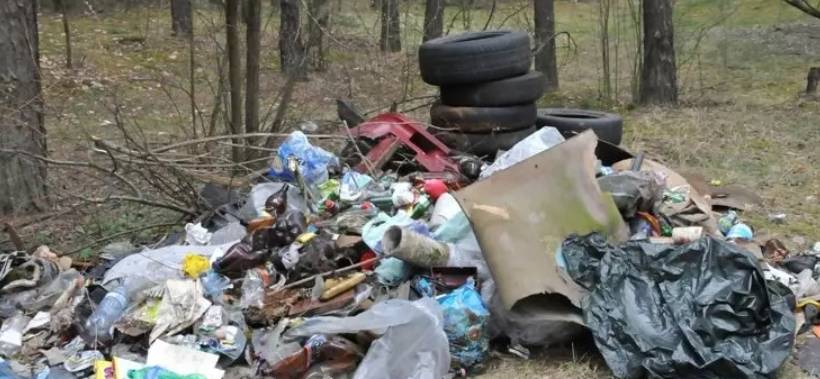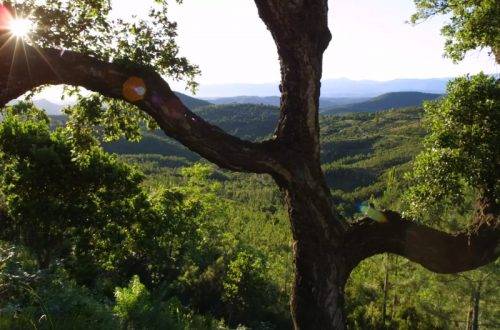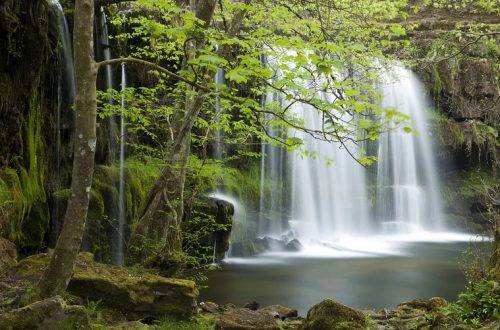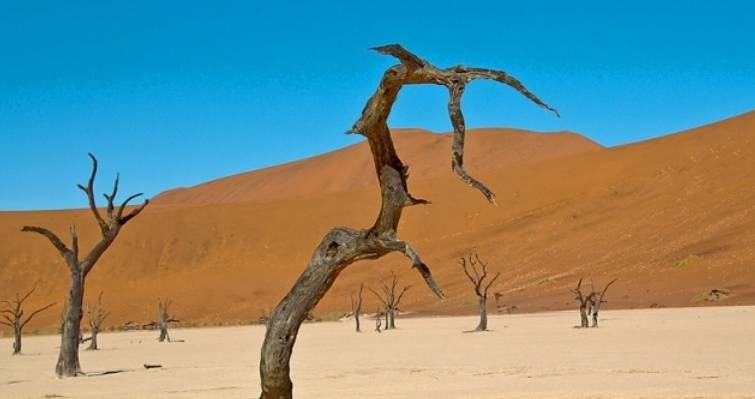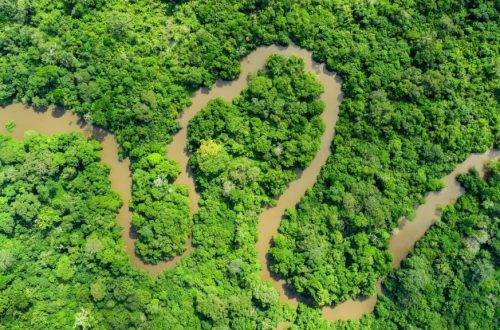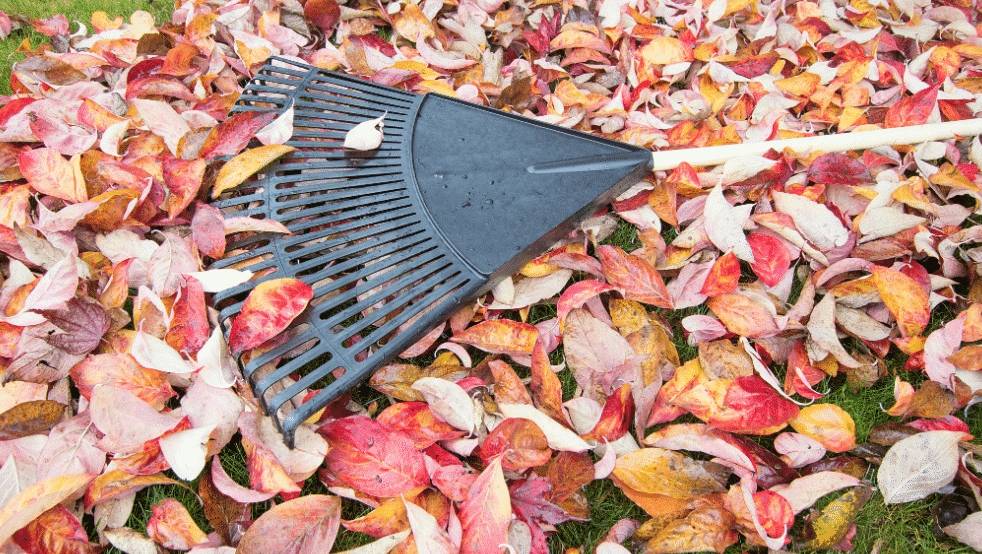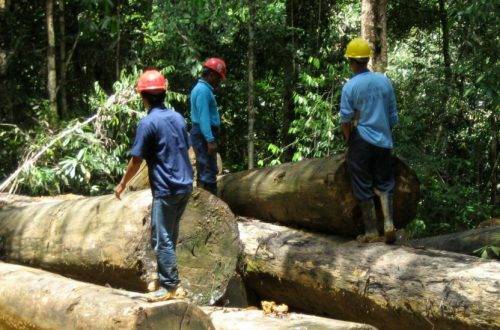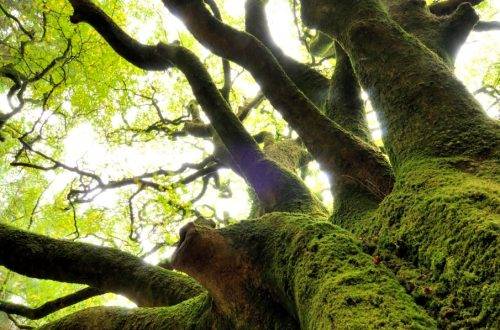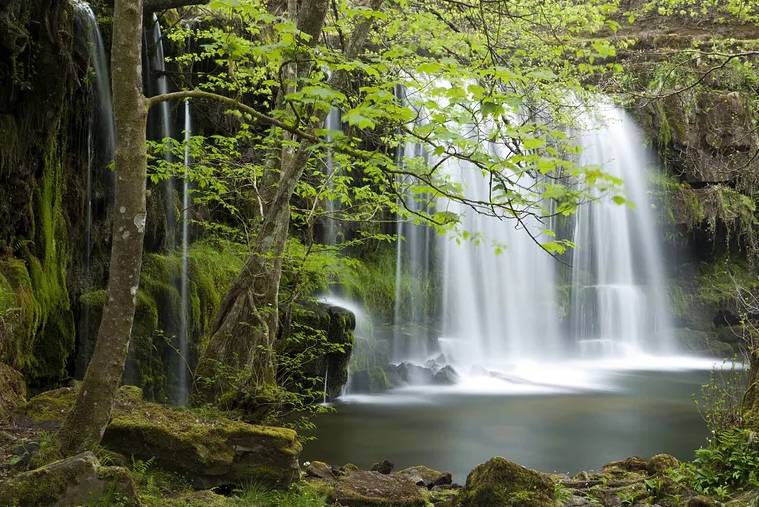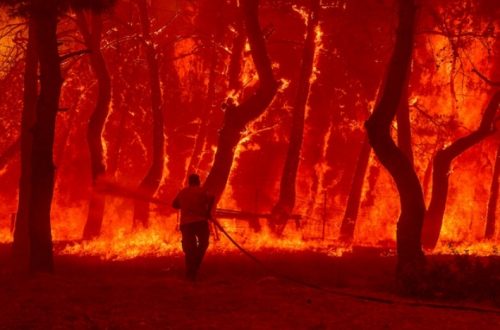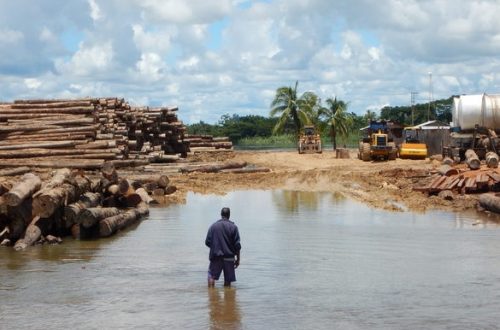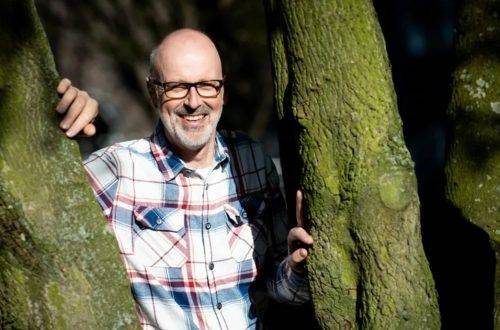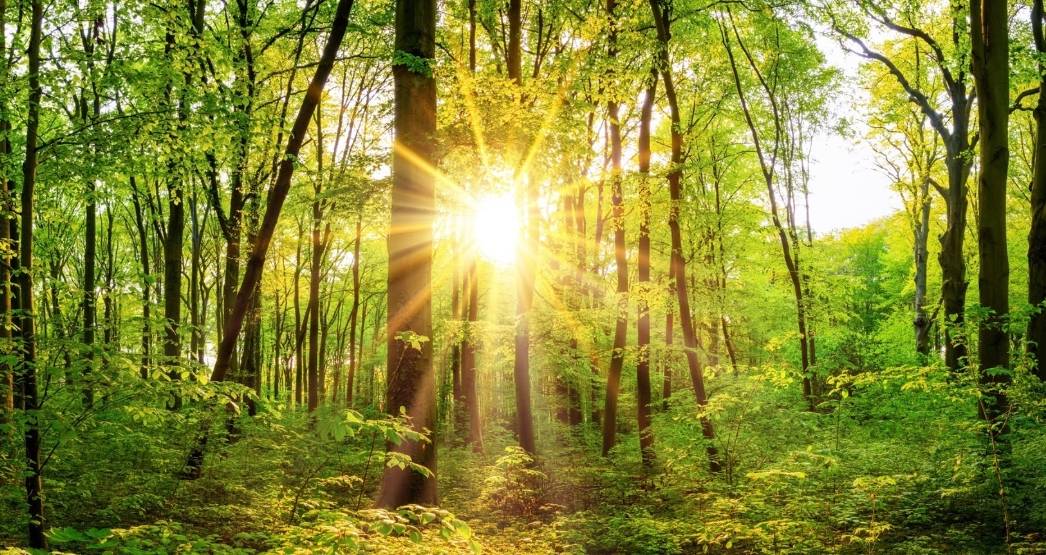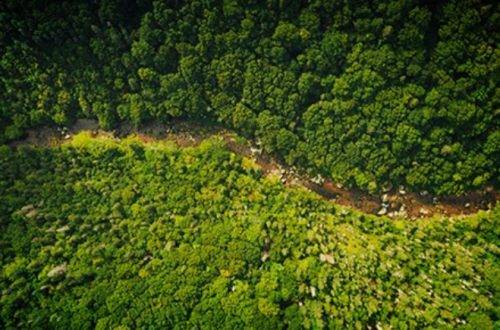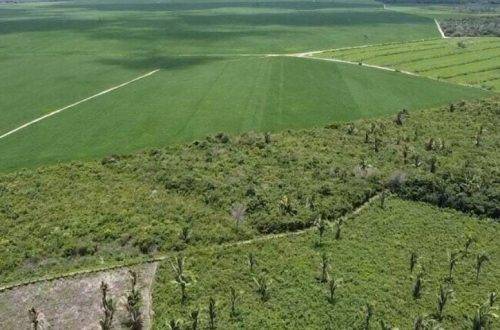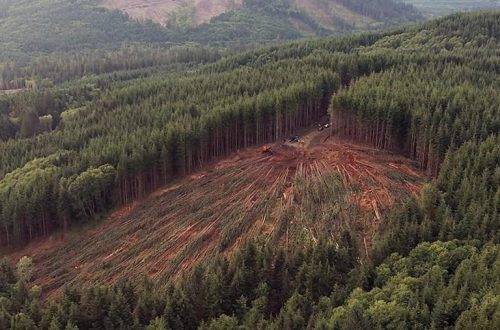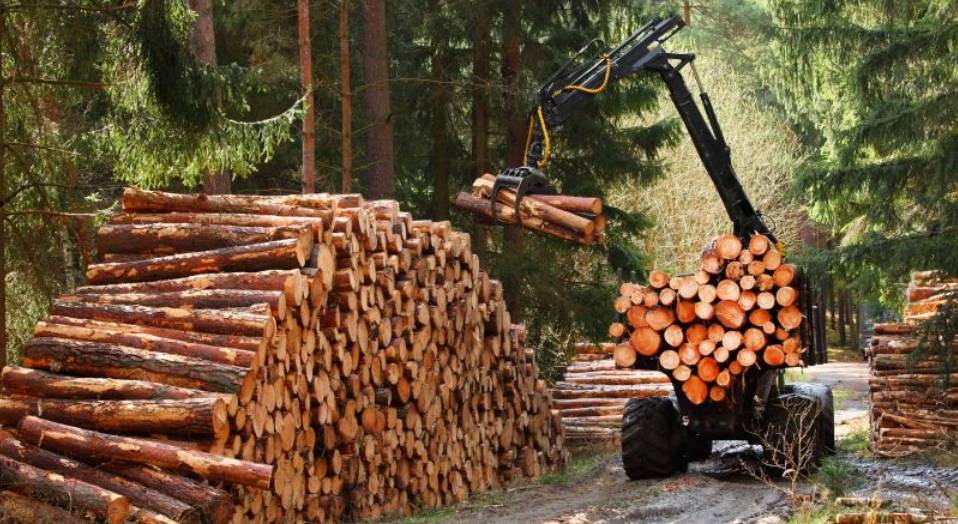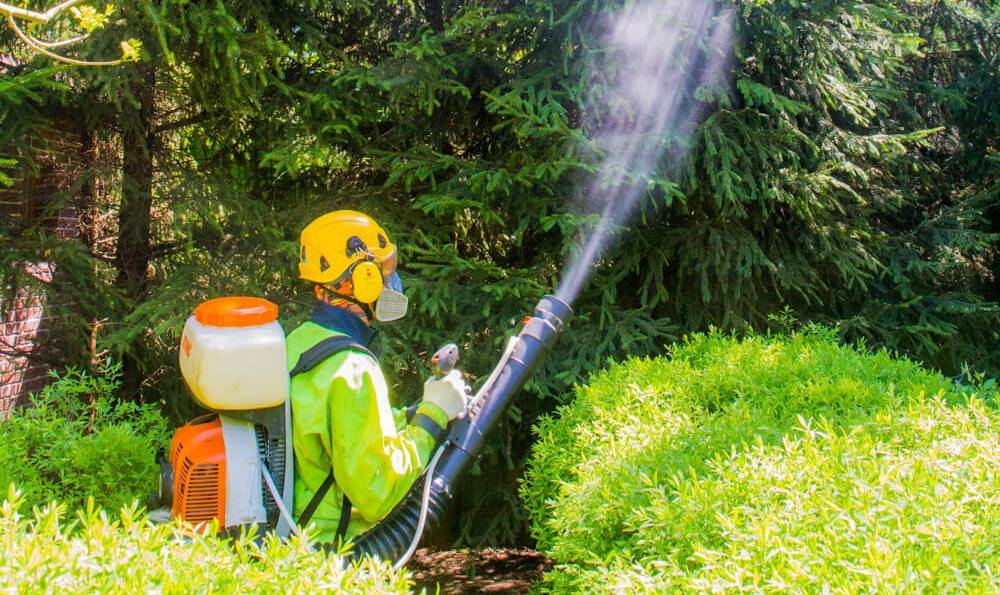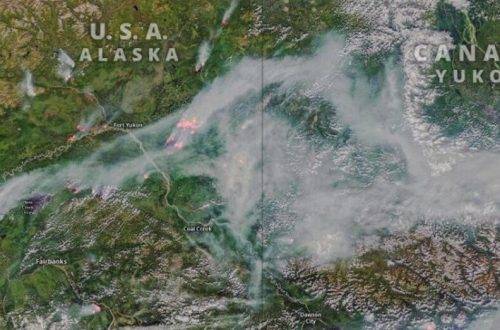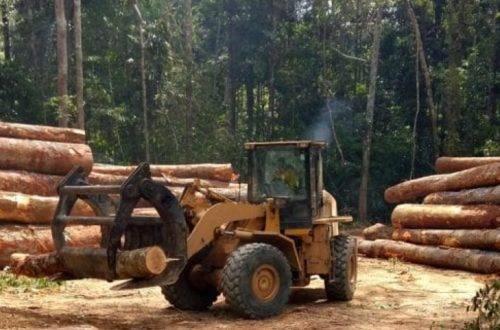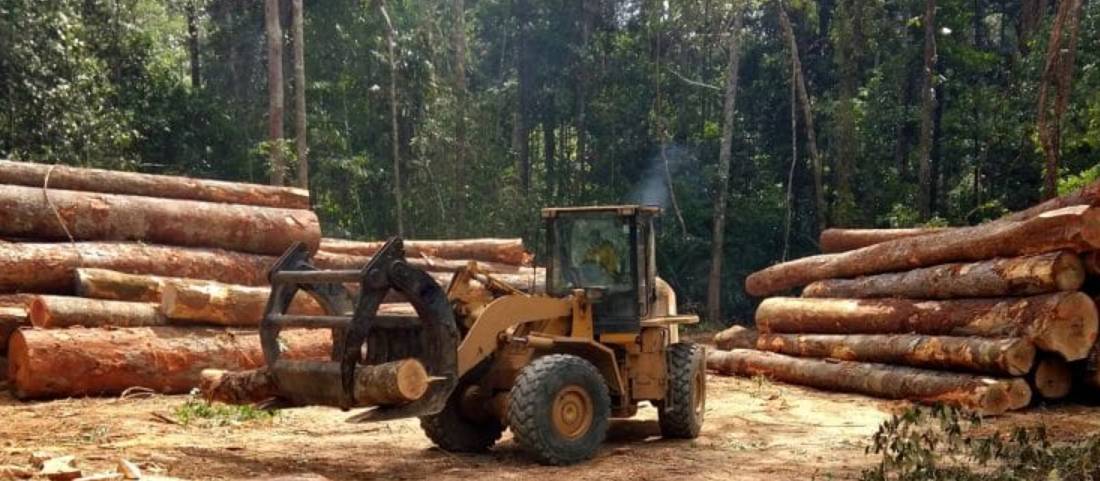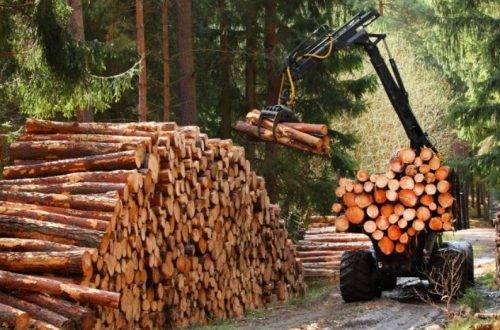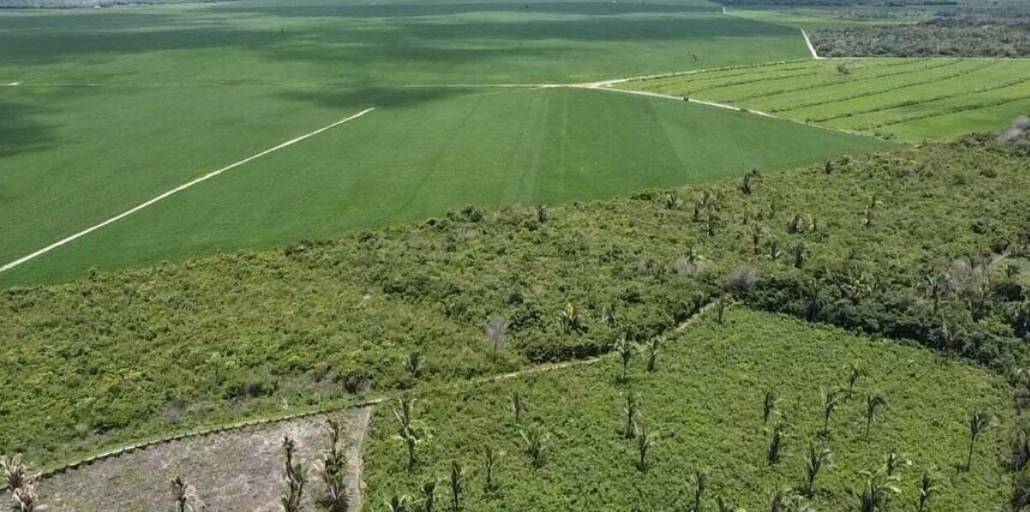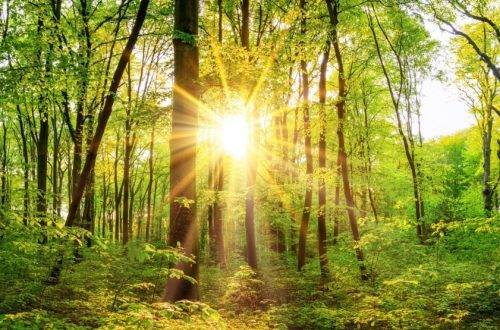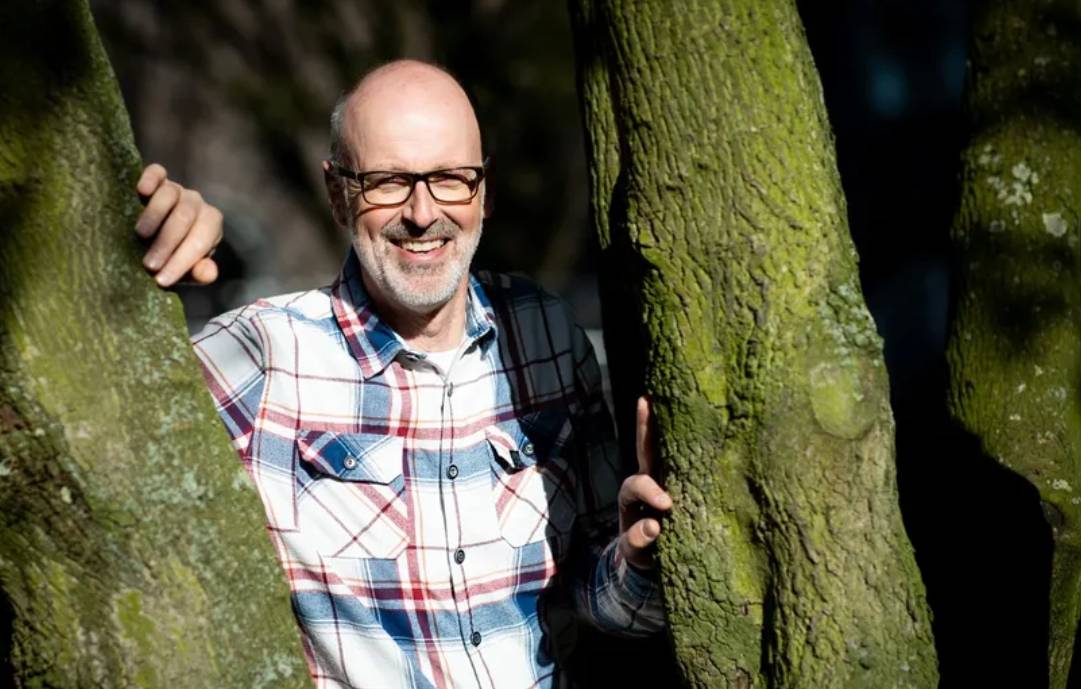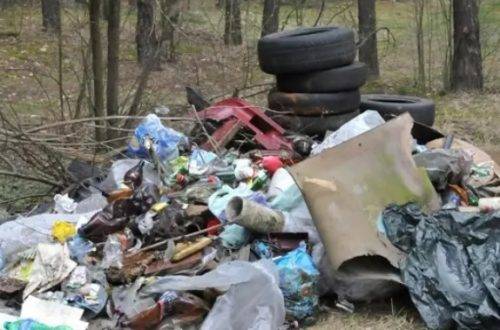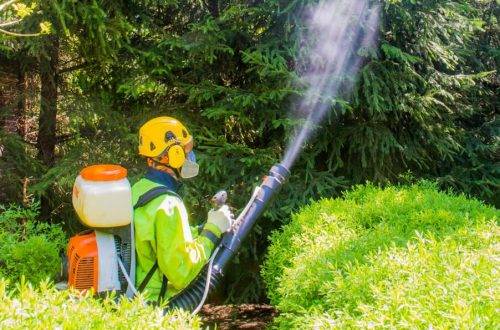News
-
Latvians turn forests into dumps
Over the past year, Latvian forests have again become like local dumps. If for 8 months of last year 588 tons of waste were collected, then this year – already over a thousand tons. Today, the company Rīgas meži, in cooperation with the State Environmental Service, announced the launch of a social campaign, the purpose of which is to once again urge the people of Latvia to treat nature more carefully, informs lz.lv. In 8 months of this year, Rīgas meži has more than doubled its expenses related to the disposal of waste collected in the forests compared to last year: last year it cost about 49 thousand euros, this…
-
Illegal felling of valuable timber trees on the rise in Namibia
The 100-kilometer public forest in the Zambezi region is threatened daily by illegal loggers, with the main intruders entering the Namibian region from neighboring countries, in particular Zambia, Romeo Muyunda, spokesman for the Ministry of Environment, Forestry and Tourism, said on Monday, 22 November, according to The Namibian newspaper. A spokesman for the ministry told the publication that regular patrols and targeted operations are carried out in the state forest to protect the country’s natural resources. “Unfortunately, despite our best efforts, illegal logging continues. We confiscated logs that had been cut down and left there to dry so the smugglers could come back for them. We also encourage our Zambian…
-
Leave dead leaves in place to promote biodiversity and CO2 storage
Every year, millions of tons of green waste are collected in recycling centers, in France as in other European countries. Danish researchers have calculated that by leaving garden waste in place, Denmark could store 600,000 tonnes of CO2 per year. While the figures in this study are only applicable to the case of Denmark, the practices to be put in place are nevertheless universal. In the fall, many gardeners rake up fallen leaves, pick up dead twigs and branches, and fill their trailers with them. In addition to being a chore, this practice is not the most virtuous, vis-à-vis biodiversity and the climate. It is urgent to let go In…
-
Elections in Brazil as a chance to save the Amazon. And its existence is crucial for all of us
The Amazon rainforest stores about as much carbon dioxide as humanity emits in three years. Therefore, her behavior is crucial in the fight against the climate crisis. The presidential election in Brazil and the defeat of Jair Bolsonaro give hope that the destruction of the world’s most valuable tropical forest will be stopped. Since the far-right Jair Bolsonaro took power in Brazil, Amazon deforestation has increased by 73%. In 2021, the world’s largest tropical forest lost its largest area in 15 years, and preliminary data for the first nine months of 2022 indicate that this year will be even worse. Dubbed the “Trump of the tropics,” the populist has lifted…
-
Adapt forestry to climate change
Periods of drought and heat waves have an impact on the health of forests planted a few decades ago. It will therefore be necessary to find more resistant species and also to review certain silvicultural methods. Report in Haut-Languedoc. Haut-Languedoc is a mid-mountain region located south of the Massif Central, between the departments of Hérault and Tarn, in the Occitanie region. It has 117 municipalities and extends over approximately 300,000 hectares, two thirds of which are covered with forest. Hardwoods, holm oaks, deciduous oaks, beeches and chestnuts, and conifers, firs, spruces, Douglas firs and pines. Relatively diversified forests since they are located at the confluence of three climates: Atlantic to…
-
Silviculture: the urgency to act to clean up the massif
Before considering any reforestation, the race against time is on to prevent the plots damaged by the summer fires from falling victim to insect attacks. Burned wood is not necessarily unusable. This is good news for the Landes massif due to forest fires during the summer. “In reality, there are two types of plots, specifies Stéphane Latour, director of the Fédération des industries du bois de Nouvelle-Aquitaine and Fibois Landes de Gascogne. Surfaces made up of young stands are not recoverable, but for the others, it is still possible to use the wood for the sawmill, papermaking, panel and wood energy industries.» The areas burned this summer are made up…
-
Bark Beetle CONTROL: MEANS AND METHODS FOR SITE PROTECTION
The bark beetle, 4-8 mm in size, is one of the most dangerous forest pests. The main food base for the bark beetle is spruce, pine, birch, less often fir, cedar and larch. The bark beetle feeds on the bast tissue of the tree – this is the inner layer of the bark, along which nutrients move from the roots to the crown of the tree. When the bast is eaten around the circumference, the nutrition of the tree stops completely and the tree dies. The bark of the tree is also used by adults for breeding. The functional purpose of the bark beetle in nature is the sanitary cleaning…
-
GUINEA: Government rehabilitates logging, despite deforestation
Logging resumes in Guinea after more than a year of prohibition motivated by the need to preserve a forest cover victim of massive looting. The West African country is one of the “bad students” of forest conservation. In Guinea, the resumption of logging has been authorized by the government. The measure comes after more than a year of a ban motivated by uncontrolled logging in a country with rich biodiversity attacked by massive deforestation. At the end of the Council of Ministers of October 14, 2022, the Guinean government indicated that the exploitation of wood should however be reserved for local use and supervised. As for the export of wood,…
-
And the wolves are fed and the sheep are safe: can Brazil reap more crops without cutting down the rainforest?
In developing countries, economic growth often comes into conflict with environmental protection: as crop and pasture land expands, huge tracts of forest go under the axe. But perhaps there is a way to reduce global deforestation by increasing the productivity of existing farmland. Large-scale deforestation of tropical forests entails a host of unpleasant consequences – from the reduction of biodiversity to further deterioration of the climate. And Brazil is a key example: over three million square kilometers of the territory of this country are forests, but today more than a third of the Amazon area is occupied by agricultural land, which has already led to a decrease in the number…
-
How Peter Wohlleben wants to save the forest
Peter Wohlleben has been a bestselling author since “The Secret Life of Trees”. He recommends leaving the forest to its own devices. The forest suffers from climate change. Germany’s best-known forester, Peter Wohlleben, wants to give him some rest, and Environment Minister Lemke wants to cut down on wood. The German forests are suffering, the drought of recent years has hit them hard. According to the new Forest Monitor, a quarter of the trees have massively lost their vitality. The crowns become light because too few nutrients arrive. Only every fifth tree is healthy. Federal Environment Minister Steffi Lemke wants to save the forest in which fewer trees are felled.…
